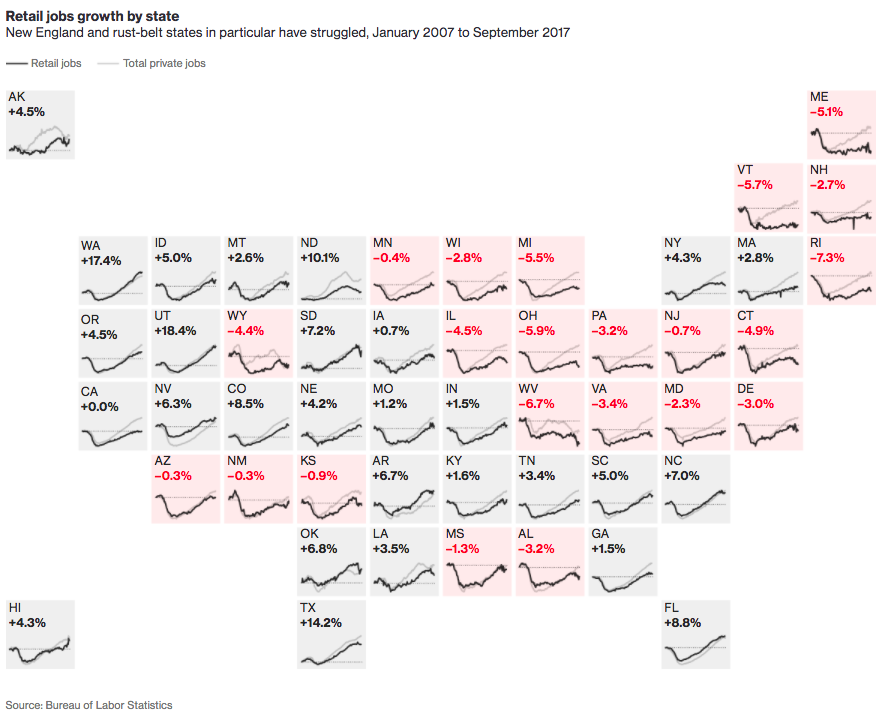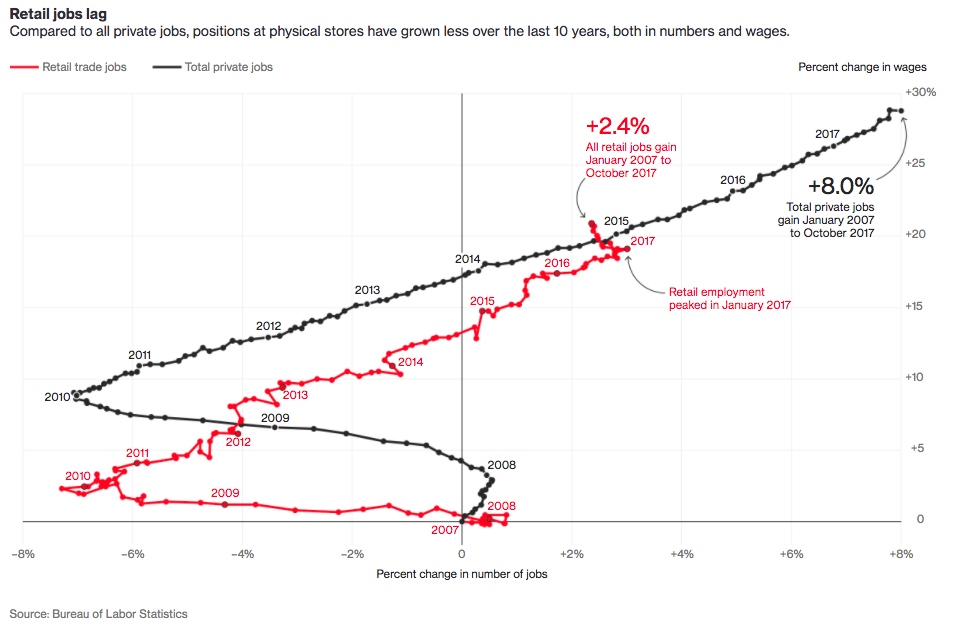CFE:XBT/F8
If anyone has a futures trading account with access to CFE:XBT/F8 there is currently a cash and carry arbitrage for $1200 on one month lockup of 30k.
(Arrrrg)
P.S. Hah, I was right: http://archive.is/ZIo5H
How Trust Shapes Nations' Safety Rules
Veronique Greenwood in The Alantic:
When I moved to China nearly two years ago, one of the first things I bought was a bicycle. I live on a university campus, where everyone rides, and the bike was cheap: $17 for an ancient Five Rams cruiser, with a lively color scheme of teal and rust. I used to cycle to work when I lived in New York, dodging tourists and threading in between delivery trucks. But the moment I pulled out onto a street in China, it became clear that this was going to be a different experience.
Reminds me of an argument I got into with someone over the asinine Seattle bike helmet law. People think our (US) way is the only way to do things despite the fact that many people in the world do things the other way, and seems to go fine for them. Read this and absorb some of that. Stepping back, where we choose (have been taught) to place our trust is kinda my focus these days. Why do we want to place that trust in the government, despite the evidence of better systems to trust? No reason the FDA needs to be a government org, your doctor and insurance company could agree on a more able org. Same for food safety, occupational licensing, etc.
Nihon Nights
If you can get past the shitty red bull editing, there is some fantastic content in here.
Drive Chains with Paul Sztorc
Paul Sztorc has finally figured out how to communicate about what Drive Chains is, and here is a good hour and a half of that.
Finding X in Espresso: Adventures in Computational Lexicology
Vitaliy Kaurov at Wolfram:
When Does a Word Become a Word? “A shot of expresso, please.” “You mean ‘espresso,’ don’t you?” A baffled customer, a smug barista—media is abuzz with one version or another of this story. But the real question is not whether “expresso” is a correct spelling, but rather how spellings evolve and enter dictionaries. Lexicographers do not directly decide that; the data does. Long and frequent usage may qualify a word for endorsement. Moreover, I believe the emergent proliferation of computational approaches can help to form an even deeper insight into the language. The tale of expresso is a thriller from a computational perspective.
Adventures in Computational Lexicology indeed.
Pro-Neutrality, Anti-Title II
Ben Thompson at Stratechery:
I believe that Ajit Pai is right to return regulation to the same light touch under which the Internet developed and broadband grew for two decades. I am amenable to Congress passing a law specifically banning ISPs from blocking content, but believe that for everything else, including paid prioritization, we are better off taking a “wait-and-see” approach; after all, we are just as likely to “see” new products and services as we are to see startup foreclosure.
One law professor's overview of the confusing net neutrality debate
Orin Kerr presents Gus Hurwitz on The Volokh Conspiracy:
The most confounding aspect of the contemporary net neutrality discussion to me is the social meanings that the concept has taken on. These meanings are entirely detached from the substance of the debate, but have come to define popular conceptions of what net neutrality means. They are, as best I can tell, wholly unassailable, in the sense that one cannot engage with them. This is probably the most important and intellectually interesting aspect of the debate - it raises important questions about the nature of regulation and the administrative state in complex technical settings.
The most notable aspect is that net neutrality has become a social justice cause. Progressive activist groups of all stripes have come to believe that net neutrality is essential to and allied with their causes. I do not know how this happened – but it is frustrating, because net neutrality is likely adverse to many of their interests.
Himmelfarb on why intellectuals hate capitalism
Alberto Mingardi at Econlog:
It is not the fault of capitalism that the common man does not appreciate uncommon books. -Ludwig von Mises
There are many gems in Gertrude Himmelfarb’s Past and Present. The Challenges of Modernity, from the Pre-Victorians to the Postmodernists.
One is a 1952 essay on “American Democracy and Its European Critics”. In that essay, in comparing Tocqueville’s reading of America with Harold Laski’s (in The American Democracy), Himmelfarb notes perceptively that critics of American culture tend to see that “the incubus of Big Business lies heavily upon the whole country, stifling individual expression and corrupting individual tastes”.
But we know well that successful enterprises, cultural enterprises included, basically provide people with something that they want.
What it would take to change my mind on net neutrality
Tyler Cowen at MR:
Keep in mind, I’ve favored net neutrality for most of my history as a blogger. You really could change my mind back to that stance. Here is what you should do.
The Tiger's Wife
If you go to Galina now, people will tell you different things about Luka’s disappearance. In one version of the story, the village woodcutter, waking from a dream in which his wife has forgotten to put the pie in the oven and served it to him raw, looks through the window and sees Luka wandering down the road in his nightgown, a white scarf tying his chin to the rest of his head so that the mouth will not fall open in death, his red butcher’s apron slung over one shoulder. In that version, Luka’s face is as loose as a puppet’s, and there is a bright light in his eyes, the light of a journey beginning. The woodcutter stands with the window curtains flung open, his legs stiff with fear and lack of sleep, and he watches the butcher’s slow advance through the snowdrifts that are running across the dead man’s bare feet. Others will tell you about the baker’s eldest daughter, who, getting up early to warm the ovens, opens the window to let the winter air in to cool her and sees a grounded hawk sitting like something ancient on the fallen snow of her garden. The hawk’s shoulders are dark with blood, and when it hears her open the window it turns and looks at her with yellow eyes. She asks the hawk, “Is all well with you, brother—or not?” and the hawk replies, “Not,” and vanishes.
From The Tiger’s Wife By Téa Obreht.
The Uber Tipping Equilibrium
Alex Tabarrok at MR:
What is the effect of tipping on the take-home pay of Uber drivers? Economic theory offers a clear answer. Tipping has no effect on take home pay. The supply of Uber driver-hours is very elastic. Drivers can easily work more hours when the payment per ride increases and since every person with a decent car is a potential Uber driver it’s also easy for the number of drivers to expand when payments increase. As a good approximation, we can think of the supply of driver-hours as being perfectly elastic at a fixed market wage. What this means is that take home pay must stay constant even when tipping increases.
[…]
At this point many readers will object that I am a horrible person and this is all theory using unrealistic “Econ 101” assumptions of perfectly competitive markets, rationality, full information etc etc. To which my response is that the first claim is plausible but irrelevant while the second is false. A new paper, Labor Market Equilibration: Evidence from Uber, from John Horton at NYU-Stern and Jonathan Hall and Daniel Knoepfle, two economists at Uber, looks at what happens when Uber increases base fares.
The effect of partisanship and political advertising on close family ties
Using anonymized smartphone-location data and precinct-level voting, we show that Thanksgiving dinners attended by residents from opposing-party precincts were 30 to 50 minutes shorter than same-party dinners. This decline from a mean of 257 minutes survives extensive spatial and demographic controls. Reductions in the duration of Thanksgiving dinner in 2016 tripled for travelers from media markets with heavy political advertising—an effect not observed in 2015—implying a relationship to election-related behavior. Effects appear asymmetric: Although fewer Democratic-precinct residents traveled in 2016 than in 2015, Republican-precinct residents shortened their Thanksgiving dinners by more minutes in response to political differences. Nationwide, 34 million hours of cross-partisan Thanksgiving dinner discourse were lost in 2016 owing to partisan effects.
From the abstract of this paper by M. Keith Chen and Ryne Rohla, which I haven’t read. Via MR.
Things that go bump in the night in Riyadh
It is difficult to avoid the conclusion that Hariri’s resignation, the Saudi purge, and the Houthi missile fired at Riyadh are interconnected
This Tiny Country Feeds the World
Frank Viviano in Nat Geo:
The Netherlands is a small, densely populated country, with more than 1,300 inhabitants per square mile. It’s bereft of almost every resource long thought to be necessary for large-scale agriculture. Yet it’s the globe’s number two exporter of food as measured by value, second only to the United States, which has 270 times its landmass. How on Earth have the Dutch done it?
Delaware's Odd, Beautiful, Contentious, Private Utopia
Jesse Walker in Reason:
Arden’s origins go back to the Delaware Invasion of 1895 and ‘96, when the Single Tax movement tried to take over the state. The Single Taxers were followers of Henry George, a 19th century economist who argued that government should be financed solely by a tax on land values. No income tax, no sales tax, no tax on the improvements to a property—just one tax on land. The campaigners crisscrossed the state in armbands, knapsacks, and Union Army uniforms, delivering streetcorner speeches and singing Single Tax songs (“Get the landlords off your backs/With our little Single Tax/And there’s lots of fun ahead for Delaware!”). More than a few got tossed in jail for their efforts.
The invasion was a flop. A disaster, really. Not only did their gubernatorial candidate get only 2.4 percent of the vote, but within a year the movement’s foes would insert a provision into the state constitution that made a George-style tax impossible.
Unable to achieve their ideas at the ballot box, a group of Georgists decided to take another approach. In 1900 they acquired some farmland outside Wilmington, created what amounted to a community land trust, leased out plots to anyone who wanted to move in, levied rents based on the value of the unimproved land, and used the rent money to pay for public goods. In other words, they set up a private town and enacted the Single Tax program contractually. And with that double experiment in communalism and privatization, Arden was born.




